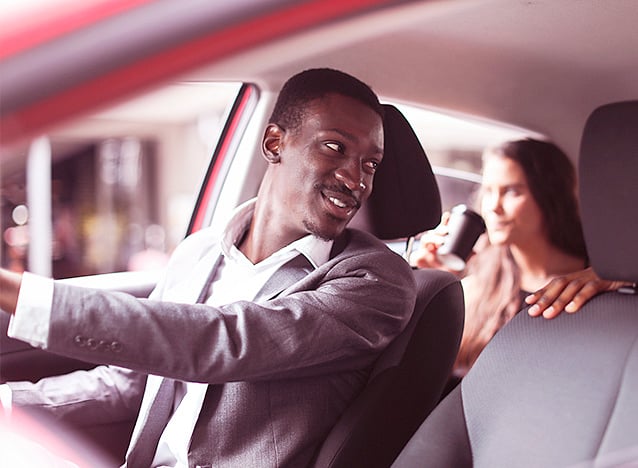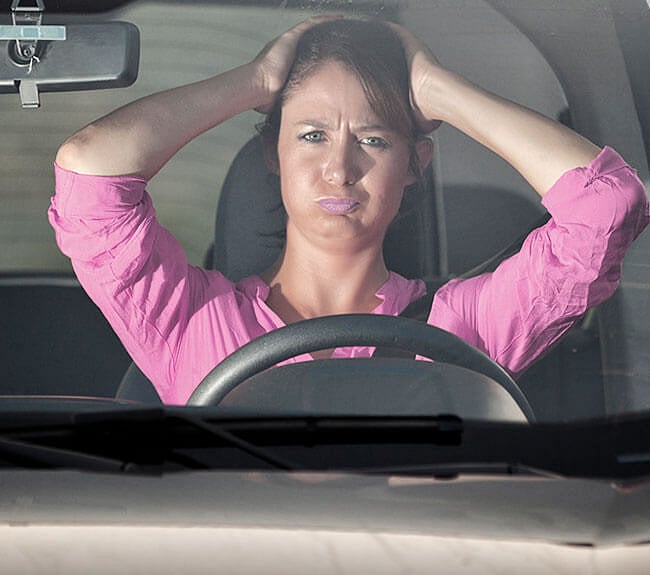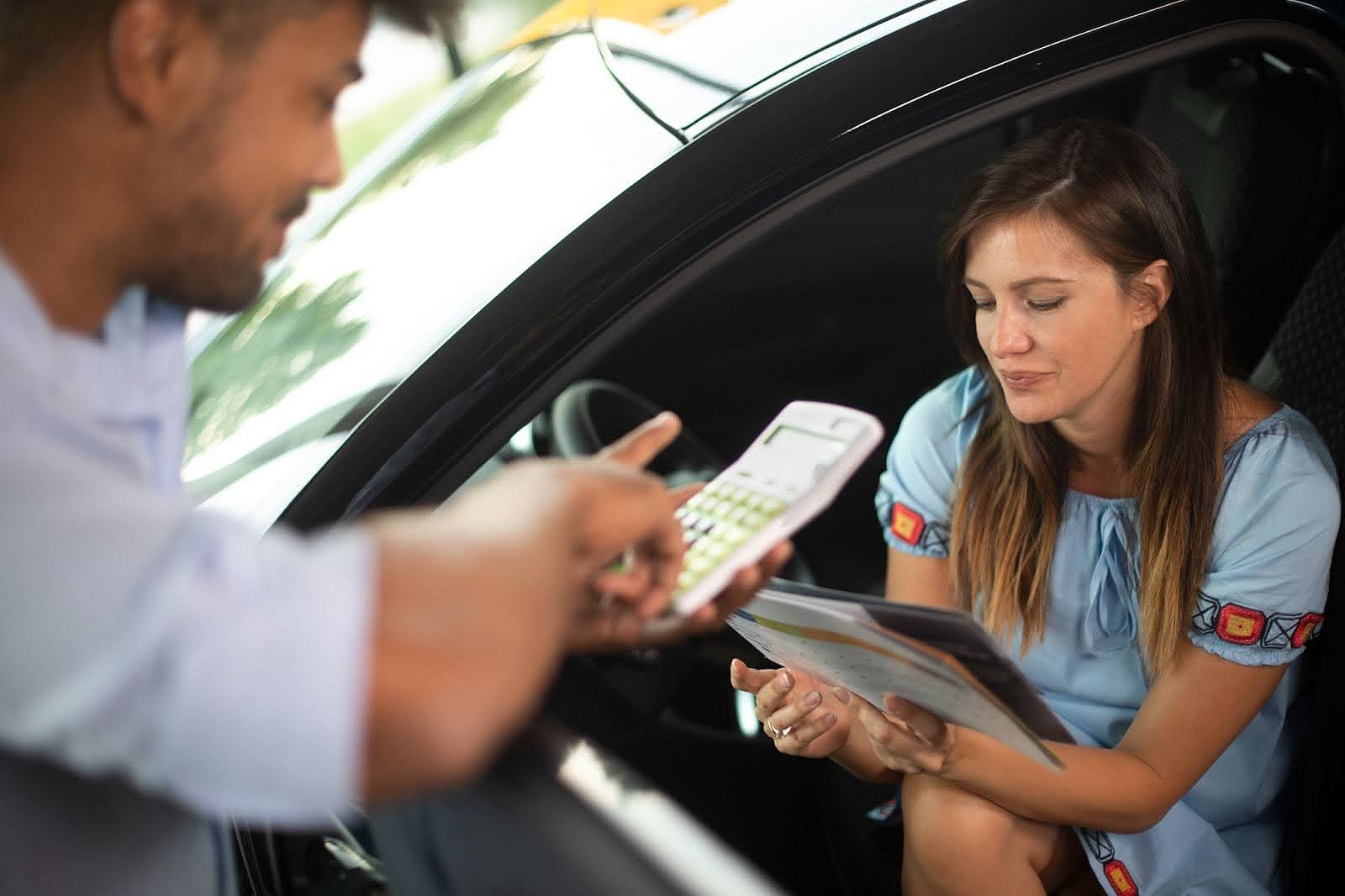
The Impact of Drunk Driving on Your Car Insurance
Car insurance in South Africa is more important than ever, with thousands of road accidents each year caused by reckless or impaired driving. One of the biggest contributors? Alcohol. To curb the alarming number of alcohol-related crashes, the government introduced the National Road Traffic Amendment Bill in 2020, enforcing a strict zero-tolerance stance on drunk driving.
While the legal consequences are severe, many drivers don’t realise that drunk driving can also bring devastating financial repercussions. If you’re caught drinking and driving and end up in an accident, your car insurance claim could be rejected outright. For women drivers seeking peace of mind on the road, understanding these rules is essential.
This article explores how drunk driving affects your Car Insurance, what the law says, how alcohol impacts your body, and practical ways to stay safe while keeping your cover intact.
What does the law say about drunk driving?
South African legislation currently sets strict blood alcohol limits for drivers:
-
Non-professional drivers: blood alcohol must measure below 0.05 grams per 100 millilitres when tested with a breathalyser.
-
Professional drivers (e.g. taxi and truck drivers) must measure below 0.02 mg per 100 millilitres.
The National Road Traffic Amendment Bill aims to reduce these limits to zero, effectively removing any allowance for “just one drink.”
Statistics show why government is tightening the law:
-
The RTMC (Road Traffic Management Corporation) reported that alcohol intoxication accounts for 27.1% of fatal road crashes in South Africa.
-
Arrive Alive revealed that 50% of people who die on the roads had a blood alcohol concentration above 0.05g/100ml.
With alcohol playing such a large role in fatal accidents, it’s no surprise insurers take the same zero-tolerance approach.
Why drunk driving affects your Car Insurance
Car Insurance is built on risk. Insurers agree to cover you if you act responsibly and abide by the law. Driving under the influence breaks this trust and dramatically increases your accident risk.
Here’s how alcohol undermines your driving ability and your insurance:
1. Alcohol slows reaction times
Alcohol reduces your brain’s ability to process information quickly. That fraction of a second could mean the difference between a near-miss and a serious collision.
2. Alcohol reduces focus and concentration
Alcohol blurs judgment and increases distraction, making it harder to stay in your lane, obey speed limits, and respond to hazards.
3. Alcohol impairs coordination
Driving requires sharp coordination between your eyes, hands, and feet. Alcohol reduces motor skills, making tasks like steering, braking, and signalling far more dangerous.
4. Alcohol affects vision
Drunk drivers often suffer from blurred vision, impaired depth perception, and reduced peripheral vision, all of which raise the likelihood of an accident.
From an insurer’s perspective, these impairments make you high-risk, and if you knowingly drove under the influence, they have grounds to reject your claim.
How alcohol is metabolised: why “just one drink” is a myth
Many drivers think having “only one or two drinks” is safe. But the way alcohol is metabolised proves otherwise.
-
A single drink may take 2–3 hours to leave your system fully.
-
Factors like body weight, gender, food intake, and drinking speed affect how quickly alcohol leaves your bloodstream.
Women are more affected than men. For women, alcohol’s impact is even stronger:
-
Women often weigh less than men, so the same amount of alcohol results in a higher blood alcohol concentration.
-
Women have proportionately more fat and less water in their bodies, meaning alcohol lingers longer.
-
Women produce less of the enzyme alcohol dehydrogenase, which breaks down alcohol before it enters the bloodstream.
This means what may be “moderate” drinking for a man could count as “heavy” drinking for a woman – and even one glass could put you over the limit.
4 Ways drunk driving affects car insurance claims
Insurers like 1st for Women are clear: if you’re caught driving under the influence, your insurance may not cover you. Here’s what you need to know:
-
Claims can be rejected if you’re involved in an accident and your blood alcohol level is over the legal limit; your insurer can legally deny your claim.
-
Higher premiums. Even if your claim is approved under certain circumstances, your premiums may rise because you’re seen as a higher-risk driver.
-
Policy cancellation. Repeat offences or a DUI conviction can result in your Car Insurance being cancelled altogether.
-
Financial liability. Without insurance, you’ll be personally liable for damages to your car, other vehicles, and possible injury claims.
In short, drunk driving not only endangers your life and others on the road – it can also put your financial stability at risk. Discover more about how to submit an insurance claim with 1st for Women.
How to stay safe and keep your insurance valid
1st for Women encourages women drivers to adopt zero-tolerance tactics to avoid drunk driving altogether:
-
Choose non-alcoholic alternatives like mocktails, ciders, or de-alcoholised wines.
-
Use taxi or e-hailing services – always verify that the driver is legitimate.
-
Book a concierge service to take you and your car home safely.
-
Assign a designated driver before heading out.
-
Stay over at a friend's or family member’s house if you plan on drinking.
By planning ahead, you protect yourself, your passengers, and your insurance cover.
FAQs about drunk driving and Car Insurance
-
Can my car insurance claim be denied if I wasn’t charged with drunk driving, but alcohol was found in my system?
Yes. Even if no criminal charges are laid, insurers can reject claims if alcohol is detected above the legal limit.
-
Will my premiums automatically go up after a DUI conviction?
In most cases, yes. A DUI conviction signals a higher risk, and insurers will adjust premiums accordingly – or cancel your cover.
-
Is there any Car Insurance that covers drunk driving insurance accidents?
No reputable insurer in South Africa covers accidents caused by drunk driving. This would contradict both the law and road safety principles.
-
Can alcohol affect third-party liability claims?
Yes. If you injure someone else or damage their property while driving drunk, you may be personally liable, as your insurer is unlikely to cover you.
-
How can 1st for Women help me stay safe?
With women-focused benefits like Guardian Angels on Call, 1st for women ensures you always have support in an emergency. From roadside assistance to arranging safe rides, you can rely on added protection designed with women in mind.
Protect yourself, your loved ones, and your Car Insurance policy
Drunk driving is more than a legal risk; it’s a danger to your life, your loved ones, and your financial well-being. With South Africa moving toward zero-tolerance laws, even a single drink could compromise your ability to claim on your insurance. With 1st for Women Car Insurance, you not only get comprehensive cover tailored for women, but also access to unique benefits like Guardian Angels on Call, roadside assistance, and emergency support when you need it most. Get a Car Insurance quote online today and drive with confidence – without taking unnecessary risks.

We Have Great
Insurance Products
At 1st for Women we know that each
woman is an individual who has
different needs.
More Content
Most popular

Insurance
How to Submit an Insurance Claim with First for Women?

Insurance
Your Car Insurance Claim Can Be Rejected if You Do These 10 Things
Latest posts
Related Posts


